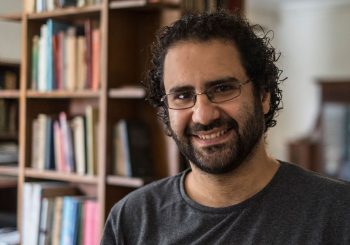The African Development Bank (AfDB) has greenlit a significant financial injection of USD 131 million (EGP 4 billion) for Egypt. This loan is geared towards bolstering the country’s recovery from the economic impact of COVID-19 and the ongoing Ukrainian conflict, both of which have strained Egypt’s economy.
The fund allocation is designated for rejuvenating the business environment, strengthening competition frameworks, boosting key productive sectors such as manufacturing and agribusiness, and facilitating the transition to a more sustainable and environmentally friendly economy.
Projections suggest a positive impact on private investment, elevating it from 3.3 percent of the GDP in FY2021/22 to 4.3 percent in FY2024/25. Additionally, the loan is projected to contribute to a substantial surge in the value of Egypt’s manufacturing sector from 14.2 percent of GDP in 2021 to a historical high of 17 percent by 2025.
A pivotal aim of the program is to expand the expanse of state-owned lands dedicated to renewable energy investments, reaching 30,000 square kilometers by 2025.
Egypt aims to secure an additional USD 300 million (EP 9 billion) from the AfDB through FY2023/24. This ligns with Egypt’s broader goal of obtaining USD 3 billion (EP 92 billion) in financing by the end of 2023 to address an estimated USD 17 billion (EGP 526 billion) financial gap over the next four years.
In July, Minister of Finance Mohamed Maait unveiled plans that the anticipated financing would be secured through collaborations with the African Development Bank (AfDB) and the Asian Infrastructure Investment Bank (AIIB). Additionally, funding would be facilitated through the issuance of Panda and Samurai bonds, strategically targeting Asian investors.
Egypt’s long-standing relationship with the AfDB has facilitated a number of loans since 1974. Throughout this period, the AfDB has played a pivotal role in financing essential infrastructure development projects spanning transportation, power, water supply, and sanitation. These initiatives have contributed significantly to the advancement of various sectors in Egypt, encompassing agriculture, communication, finance, industry, and social development.







Comments (0)